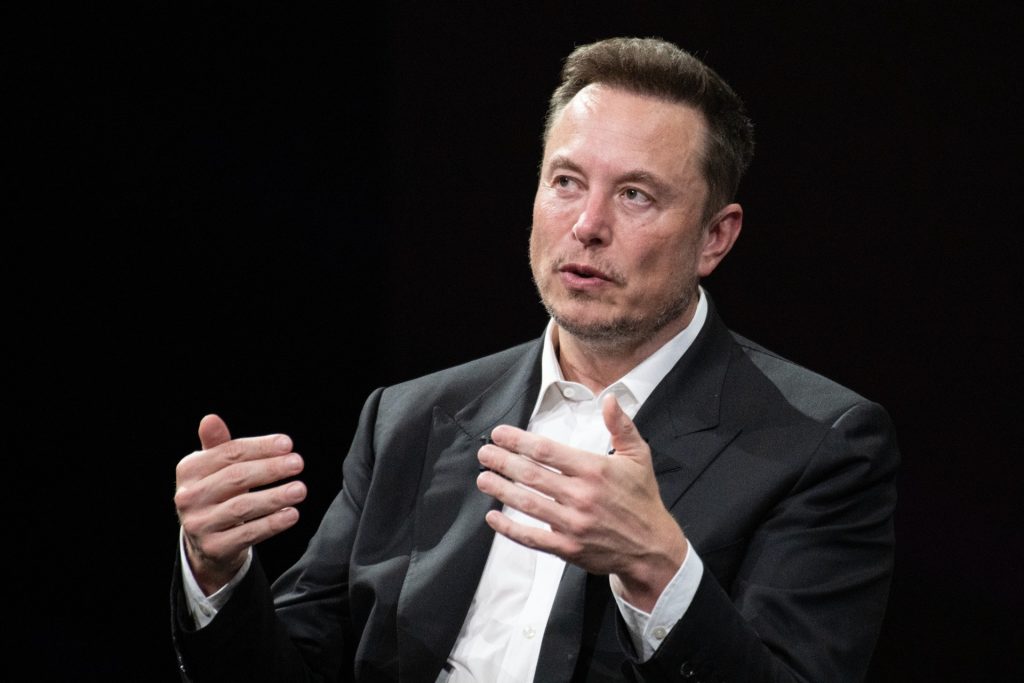Neuralink Expands Trials with Third Successful Implant
Others are reading now
Elon Musk’s company, Neuralink, is making progress in its ambitious goal to connect the human brain with computers.
During a live event broadcast on the X network, Musk announced that a third patient has received the company’s brain-computer interface implant, according to Ziare.
This news comes as part of ongoing developments in Neuralink’s experimental technologies.
The implant, which involves inserting electrodes into the brain, aims to treat serious medical conditions, including paralysis and ALS (amyotrophic lateral sclerosis).
Also read
Musk shared that the implant is working as expected for all three patients who have received it so far.
The company plans to carry out 20-30 more procedures in 2025, expanding its clinical trials.
The ultimate goal is to improve the lives of people with conditions that affect their mobility and brain function.
The implant works by allowing the brain to communicate directly with external devices like smartphones and computers.
This could revolutionize the treatment of neurological diseases and disabilities. However, the procedure is still experimental, and it remains to be seen how it will affect patients in the long term.
The first patient to receive the implant was Noland Arbaugh, who was part of a clinical trial started a year ago. His participation helped test the safety and effectiveness of the technology.
Despite the progress, many questions remain about the long-term effects of this kind of technology.
Neuralink’s implants involve inserting tiny electrodes into the brain, a procedure that carries significant risks.
For now, the company is focused on refining the technology and expanding its trials.
This third implant marks another step toward understanding how brain-computer interfaces could one day treat complex medical conditions and potentially enhance human capabilities.
While it’s still early, Neuralink’s ongoing work could bring about major advances in the way we treat and understand neurological conditions.


